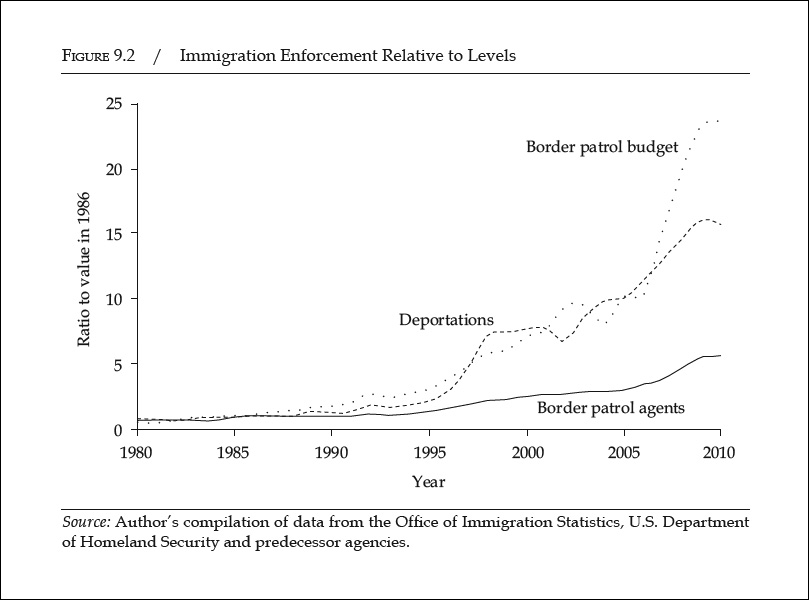Main navigation
In a move that could signal the end of the deadlock on immigration reform that stifled Congress for the better part of 2013, Speaker of the House John Boehner has indicated his willingness to address immigration laws. As the New York Times reports, though Boehner continues to voice reservations about a single, comprehensive bill to create additional pathways to U.S. citizenship, he also condemned the hardline stance of conservative Tea Party groups opposed to any immigration compromises.
Republicans have increasingly struggled to find a balance between appeasing their conservative constituents while also attempting to court Latino voters. According to the New York Times, Romney won only 27% of the Latino vote in the 2012 presidential election due to his views on immigration. But the Democratic Party has also suffered for its failure to implement significant immigration reform. A September 2013 Pew study showed that the Obama administration deported more immigrants annually than the George W. Bush administration, and that 59% of Latinos disapproved of Obama’s handling of deportations.
The 2013 RSF book Immigration, Poverty and Socioeconomic Inequality, co-edited by David Card and Steven Raphael, explores the rapid rise in immigration to the U.S. since the 1960s and analyzes the economic and political shifts that have occurred as a result of this increase—including changes in the national poverty rate, labor market fluctuations, and the evolution of immigration policies. In his chapter, “Immigration Enforcement as a Race-Making Institution,” sociologist Douglas Massey traces the surge in deportations, border patrol budgets, and border enforcement agents over the last several decades:

As Massey notes, this sharp rise in immigration policing has had the paradoxical effect of increasing the net inflow of undocumented immigrants. With nearly a third of Mexican immigrants in the U.S. at risk for deportation, a precarious and marginalized underclass has emerged with few paths to legal citizenship. “Given the clear magnitude of the immigration enforcement system’s effect on the status and welfare of Latinos in the United State,” Massey states, “the time has come to consider three principal proposals for comprehensive immigration reform: increasing the size of the annual quota for immigration from Mexico, creating a new guest worker program, and creating a path to legalization for those already here.”
To read more about Immigration, Poverty, and Socioeconomic Inequality or purchase a copy of the book, click here.





